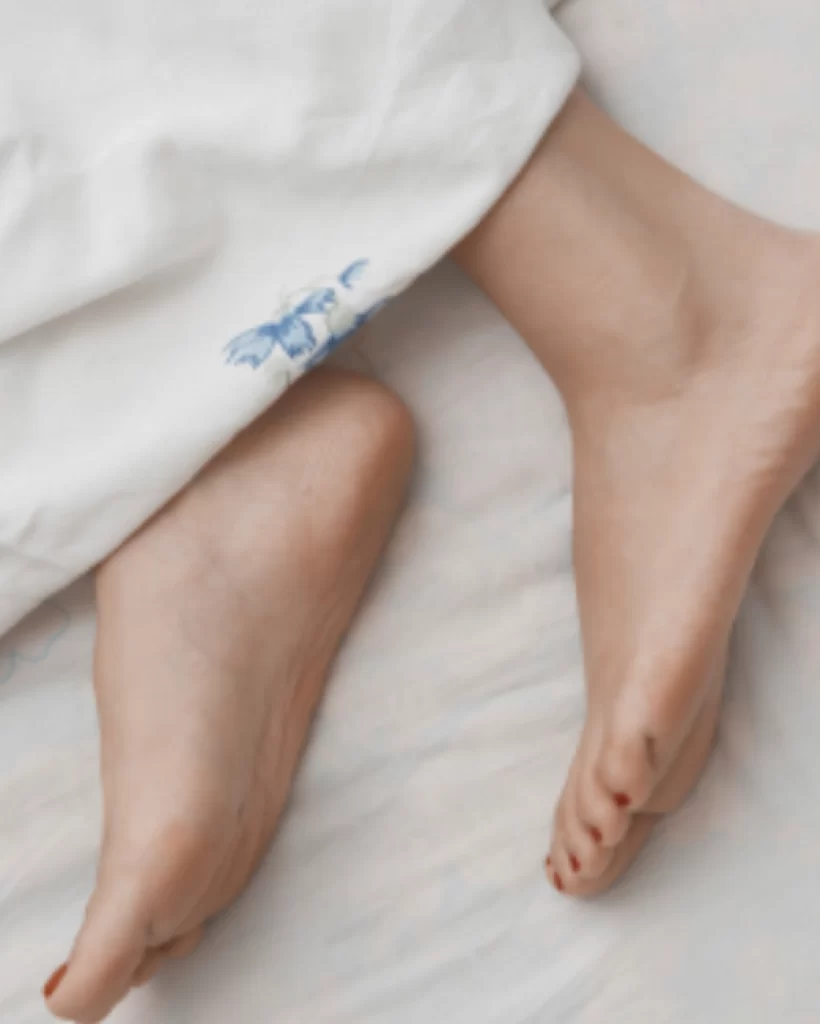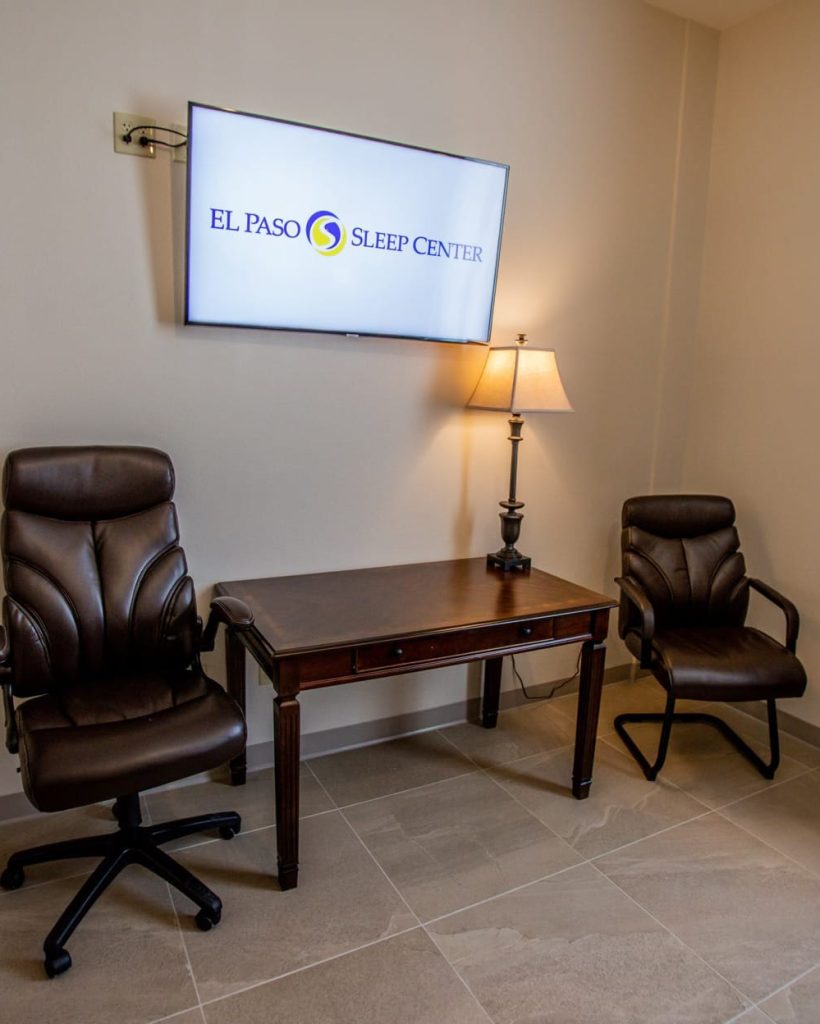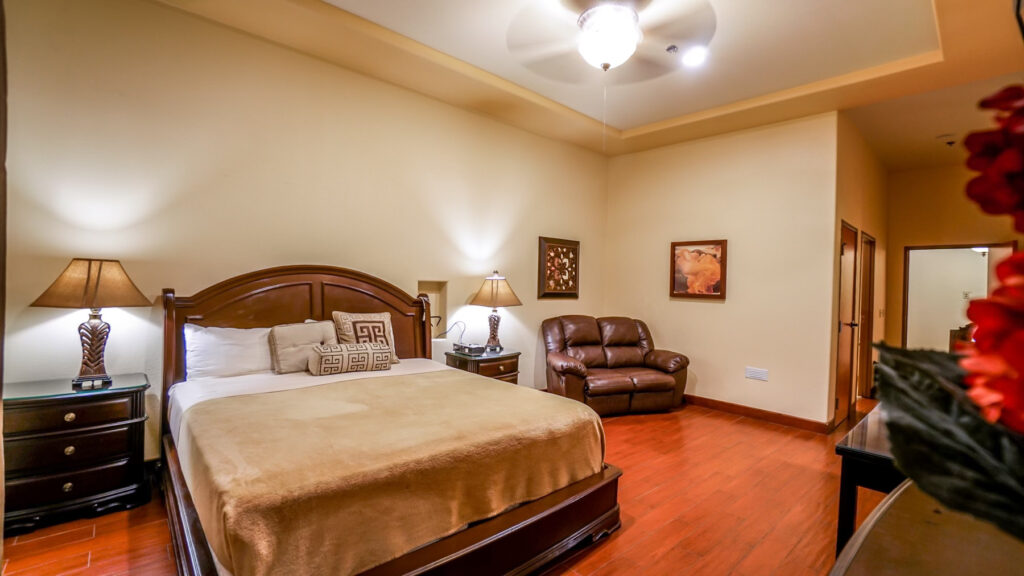Restless legs syndrome (RLS) is a common disease. RLS can prevent people from falling asleep or staying asleep. It can lead to daytime tiredness and mood problems. There are many treatments available for this disease. Treatment options include several types of medicines as well as non-medication options
Key Points:
Restless Leg symptoms include: Feeling a strong urge to move your legs when you are resting or sitting still. You also may have a creepy-crawly, tugging, itchy or tingly sensation. Many people who have RLS also kick or jerk their legs while sleeping. Symptoms get better when you walk, stretch or kick. They may return once you stop moving. Symptoms are worse in the evening or nighttime hours. Symptoms are not caused by leg cramps, muscles aches or arthritis.
Am I At Risk?
Restless legs syndrome can occur at any age, but it is more common in older adults. RLS can be hereditary; about 50% of people with RLS have family members with the disease. People who are pregnant, have kidney disease, or other neurologic diseases may be at higher risk of having RLS. People with anemia or low iron levels may have more severe RLS symptoms. Some drugs used to treat depression, nausea and allergies can make RLS symptoms worse.

Call us now to schedule your appointment. Our expert team is here to help you achieve restful, restorative sleep and improve your overall health. Don’t wait—take the first step towards better sleep today
Restless legs syndrome (RLS) affects about 7% of the population, with 3% experiencing moderate to severe symptoms. It can make falling and staying asleep difficult, leading to daytime fatigue and worsening anxiety or depression.
The exact cause of RLS is unknown but may involve brain chemicals like dopamine and genetics. Iron deficiency can worsen symptoms. There is no specific test for RLS; diagnosis is based on symptoms. Sometimes, a sleep study is needed to rule out other disorders.
Mild RLS can be managed with exercise, leg massages, and warm baths. For severe symptoms, prescription medications may be necessary. Your doctor can also recommend iron supplements if needed.
Restless legs syndrome (also called Willis-Ekbom disease) affects about 7% of the population, with about 3% experiencing moderate to severe symptoms. Symptoms of RLS can make it difficult to fall asleep and stay asleep. Often patients wake up and need to pace the floor to relieve symptoms. In the setting of poor sleep, people may feel tired during the day and some people with RLS report worsening of anxiety or depression.
If leg sensations are only mildly distressing or if they do not occur on a regular basis, activities such as exercise, leg massage, and warm baths may be all that is required. In people who have more significant or frequent symptoms, prescription medications can be used. Your healthcare provider can help you decide if medications are needed. Some medications need to be taken at the same time each day and some can be taken only when symptoms are bothersome. Your healthcare provider may recommend iron supplements if your iron levels
are low.
In addition to medications, many other strategies can help ease symptoms of restless legs syndrome.



Facility Member
Since 1977, the American Academy of Sleep Medicine (AASM) Standards for Accreditation have been the gold standard by which the medical community and the public evaluate sleep medicine facilities. Achieving AASM accreditation demonstrates a sleep medicine provider’s commitment to high quality, patient-centered care through adherence to these standards.
El Paso Sleep Center by Bedrock Digital 2025